Seoul, 7 Rajab 1436/26 April 2015 (MINA) – South Korea’s efforts to better understand Islam, both as a culture and religion, have reaped the fruits with thousands of Muslims integrated in the social fabric of the Asian country.
“These days, Koreans do not discriminate against me on the basis of me being a Muslim,” this was not always the case, Kyung Hee Universit student Muhammad said, On Islam quoted by Mi’raj Islamic News Agency (MINA) as reporting.
“When I came here in 2010, Koreans gave the cold shoulder to Muslims or those who headed to the Muslim prayer room. It was troubled times for people like me.”
The 28-year-old Jordanian is one of the Muslim students who flock to the prayer room at the university after attending lectures to perform the daily prayers.
Also Read: Boat Carrying 100 Rohingya Migrants Capsizes in Malaysian Waters
Positive attitudes toward the Muslim community were propelled by dialogue and interfaith activities hosted by Korean Muslims over the past years.
“Each year, there has been a dialogue among multiple religions here. We discuss ways to coexist and co-operate with each other,” explained Imam Lee Ju-hwa of the Seoul Central Mosque.
Besides dialogue, Koreans were encouraged to attend free Arabic classes along with seminars and lectures about the Muslim culture.
“Three years ago, two students came to study Arabic. Now, more than 100 students visit here and learn Arabic a month,” Kim Sang-kyu, an executive of the Markaz Arabic Center, stated.
Also Read: Dozens Killed in RSF Drone Strike on Sudanese Village During Funeral
“As most Arabic speakers are Muslims, Korean students learning Arabic get a chance to understand the Islamic culture by communicating with Muslim teachers.”
Coexistence
According to Imam Lee Ju-hwa, the kidnapping of Koreans in Afghanistan in 2007 has generated curiosity among Koreans about the world’s fastest growing religion.
The majority of South Korea’s population is made up of migrant workers from Pakistan and Bangladesh.
Also Read: International Red Cross Calls for Safe Corridors for Civilians in Sudan
The number of native Korean Muslims is estimated at around 45,000.
Buddhists account for 52% of the population and Christians 20%. An estimated 25.3% of citizens profess to follow no particular religion.
Two months ago, a group of Koreans held a vigil outside the Jordanian embassy in Seoul to honor the slain Jordanian pilot captured by the so-called Islamic State ISIL.
“It is important for Koreans to realize that Muslims have already set root in the country and are living and breathing with us,” Lee said.
Also Read: M6.3 Earthquake in Afghanistan Kills 19 People
“Sure we have our differences, but it’s important to open up to others to try and understand one another, and set a foundation for us all to coexist peacefully.”
A recent study found that more mosques, halal restaurants and better understanding of Islam were needed to encourage more Muslims students to study in the Asian country.
According to the Korea Muslim Federation (KMF), established in 1967, there are about 120,000 to 135,000 Muslims living in South Korea, both natives and foreigners. (T/P006/R04)
Mi’raj Islamic News Agency (MINA)
Also Read: 6.3-Magnitude Earthquake Strikes Northern Afghanistan





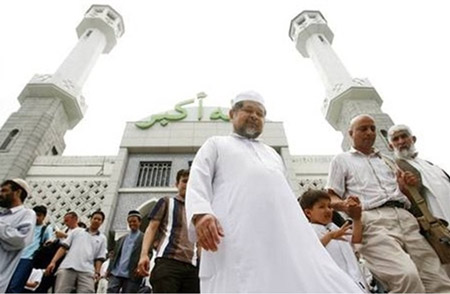






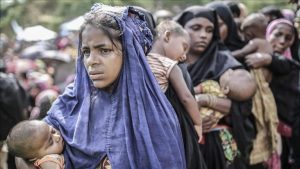

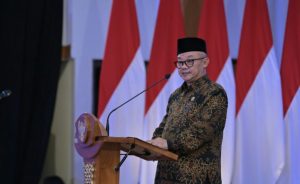

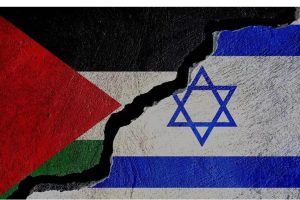

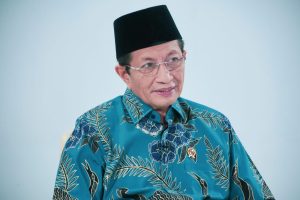

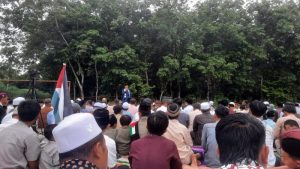
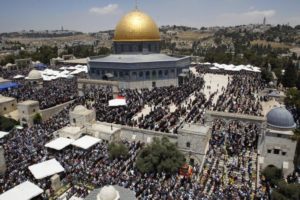




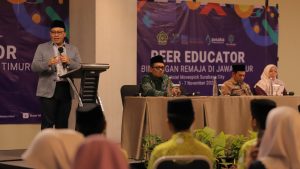

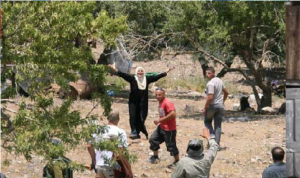






 Mina Indonesia
Mina Indonesia Mina Arabic
Mina Arabic